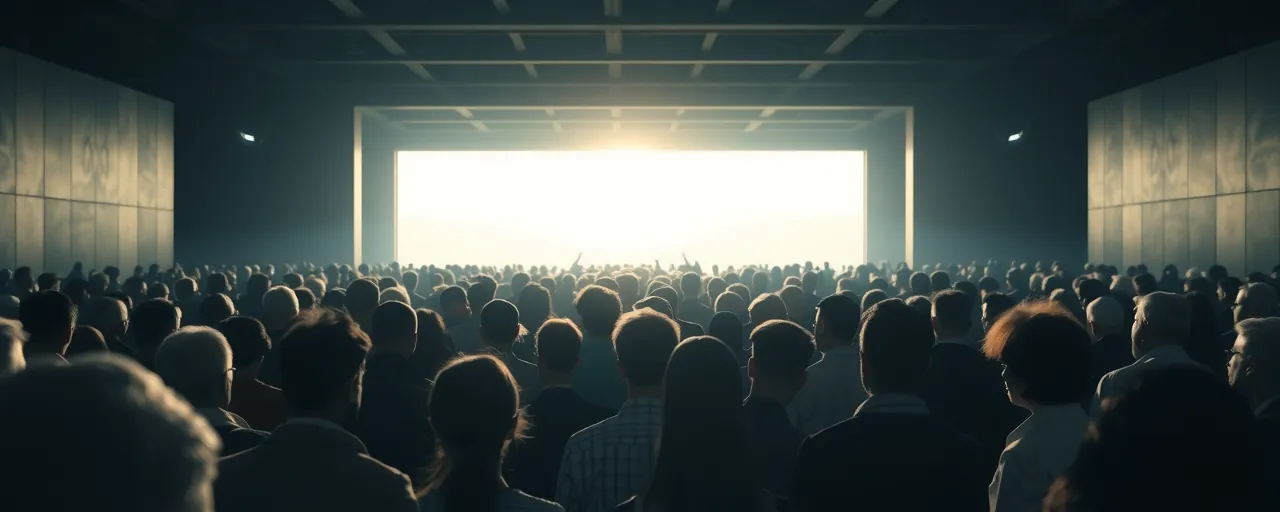Clemency as a Loyalty Pact
President Donald Trump’s latest pardons strike a blow to the heart of justice. By freeing reality TV personalities Todd and Julie Chrisley, disgraced politicians Michael Grimm and John Rowland, and rapper NBA YoungBoy, he’s built a clemency list that screams favoritism. Most alarming, his blanket pardon of nearly 1,500 January 6 rioters sends a dangerous signal: if you’re loyal, lawbreaking gets a pass. This approach betrays the public’s trust in equal justice.
The Constitution gives presidents wide clemency authority, but Trump treats it like a personal reward system. His first term delivered 238 pardons and commutations, often ignoring the Justice Department’s vetting process. Now, in 2025, he’s escalated, outpacing predecessors like George W. Bush and nearing Barack Obama’s totals. These actions matter because they weaken accountability, leaving citizens questioning whether laws apply to everyone.
Reading about loyalists like Scott Jenkins, a sheriff convicted of corruption, walking free alongside January 6 offenders twists my gut. These aren’t efforts to fix unfair convictions. They’re deliberate choices to prioritize allegiance over principle. Groups like Protect Democracy warn that such moves threaten the separation of powers, and their concern hits the mark. Trump’s clemency feels like a monarch’s decree, not a president’s duty.
Why should we care? Because justice hinges on trust. When the Fraternal Order of Police condemns these pardons for eroding deterrence, it’s a red flag from those who uphold the law daily. Yet Trump forges ahead, placing his allies above the common good.
The January 6 pardons stand out as particularly reckless. By excusing those who attacked police and endangered democracy, Trump validates violence. Surveys reveal 75% of voters, including many Republicans, reject clemency for those wielding deadly weapons that day. So why does he persist? His base’s approval seems to outweigh the public’s demand for accountability.
A Legacy of Power, Not Principle
Some of Trump’s supporters, waving the ‘law and order’ flag, argue he’s correcting judicial overreach. They compare his actions to Biden’s family pardons or Obama’s 1,715 commutations. But the comparison doesn’t hold. Obama’s clemency followed a structured process for nonviolent offenders. Trump’s choices lack any unifying logic beyond rewarding loyalty, from reality stars to rioters.
Legal experts call for stronger checks on pardon power, and history supports their case. Congress has used oversight to curb abuses, and courts have set boundaries, like barring pardons for future crimes. Yet Trump acts as if these limits don’t apply. Public Citizen labels his clemency a ‘threat to civil liberties,’ and their warning rings true. Pardons that excuse political violence pave the way for future unrest.
The Justice Department’s stalled corruption cases reveal a broader crisis. With no pardon attorney in place and vetting abandoned, Trump’s clemency process feels chaotic. Law enforcement highlights recidivism risks, and prosecutors hesitate to chase cases that might be undone. This approach doesn’t strengthen justice; it destabilizes it.
Even within Trump’s party, voices like Senators Susan Collins and Lisa Murkowski call the January 6 pardons a grave error. Former Pence aide Marc Short went further, expressing outright revulsion. If his allies see the harm, why doesn’t Trump? His focus on power over principle provides the answer.
Demanding a Fairer System
What can we do to stop this? Organizations like Protect Democracy advocate for transparency and legal limits on clemency. Congress could bolster oversight, and courts could reinforce judicial checks. But the real momentum comes from us. NPR polls show 60% of Americans oppose pardons for January 6 violence. That public outcry demands action.
Trump’s pardons must not become the norm. Every person who cherishes democracy needs to push for accountability, from this president and all who follow. The rule of law binds our nation together. If we let it erode, what remains? Citizens must demand leaders who view clemency as a tool for justice, not a perk for loyalists.
Groups like Our Revolution and Stand Up America rally voters to hold elected officials accountable. Their call resonates: unchecked power endangers everyone. We need leadership that upholds fairness, not favoritism.
Standing Up for Democracy
Trump’s pardons in 2025 flash a warning we can’t ignore. They shield allies, condone violence, and weaken the justice system we rely on. But we hold the power to respond. By backing reform advocates and demanding accountability, we can counter this reckless precedent.
This fight goes beyond names like Julie Chrisley or January 6 rioters. It’s about preserving democracy’s core. Will we allow one leader’s loyalty games to unravel our system of checks and balances? Or will we, as citizens, rise to protect a justice system that serves all? I’m ready to stand firm. Are you?
